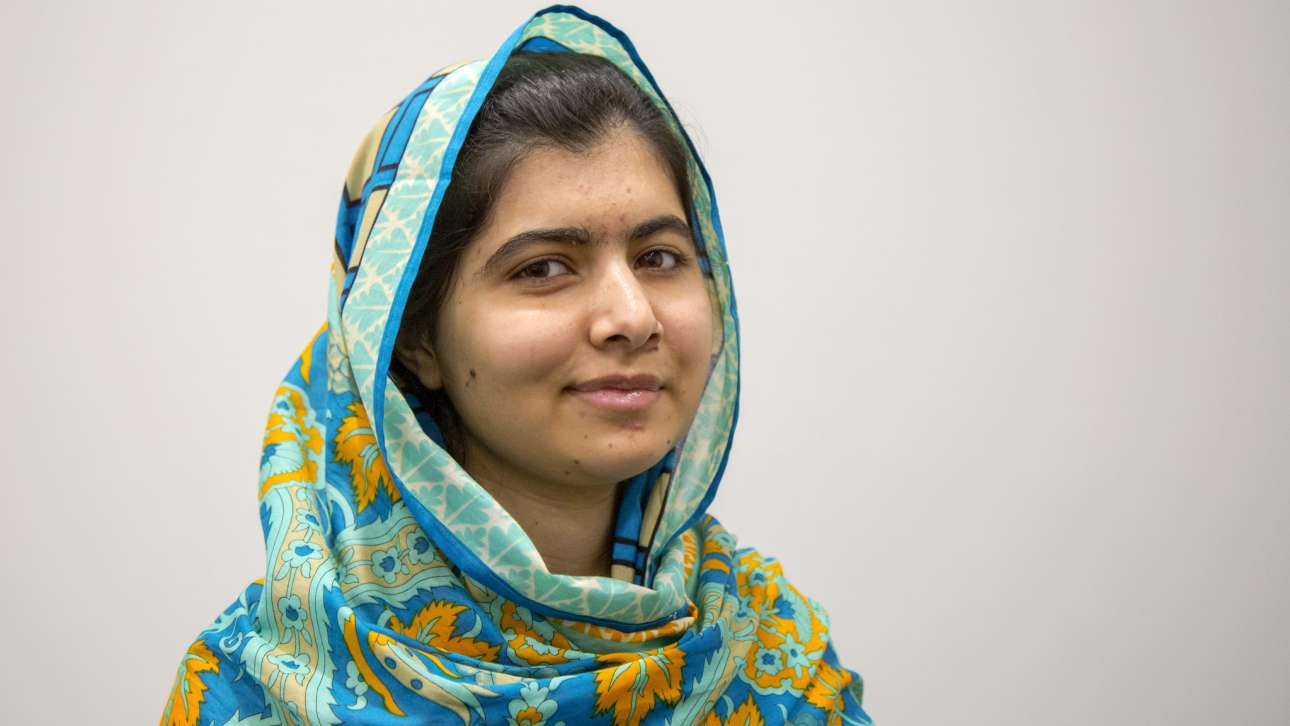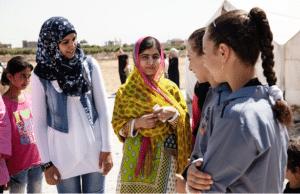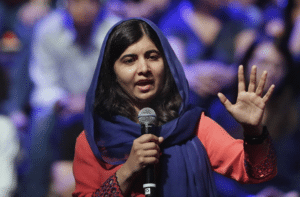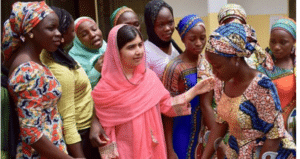Malala Day: Women’s education across the globe

International Malala Day is celebrated every year on July 12 to honour to the Pakistani activist, Malala Yousafzai. Malala, who currently works for women’s right to education globally, was never allowed to enter school as a young girl.
However, the 24-year-old activist refused to stay home and raised her voice for education being provided to young girls.

Malala Day history & significance
On July 12, 2013, Malala had delivered an eloquent speech at the headquarters of United Nations. During speech, she had highlighted the need for access to women’s education globally and called the world leaders to reform their policies.
She had received rounds of standing ovations for her commendable speech. July 12 also marks her birthday, therefore, the UN promptly declared that the day will be observed as Malala Day to honour her.
Malala’s Story
Malala Yousafzai was born on 12 July 1997, into a lower-middle-class family. Her father is an educator and educational activist. Her mother gave birth to her at home because the family didn’t have enough money to afford to go to the hospital. Her name ‘Malala,’ translates to ‘grief-stricken.’ Growing up, she lived with her parents and two younger brothers. Malala Yousafzai was educated mostly by her father who is a school owner, and an educational activist, running a chain of private schools known as the Khushal Public School, Khushal being the name of one of his sons. Malala is fluent in Pashto, Urdu, and English languages and has said that she once wanted to become a doctor.

Malala Yousafzai is the world’s youngest Nobel Prize laureate, as well as only the second Pakistani to ever receive a Nobel Prize. She is renowned and globally recognized for her advocacy, particularly for the education of women and children back home in her native Swat Valley, northwest Pakistan, where a group of Pakistani fundamentalists known as the Tehrik-i-Taliban Pakistan had often banned girls from attending school. Malala Yousafzai’s advocacy has since evolved fully into an international movement, making her Pakistan’s most prominent citizen.
On October 9, 2012, on her return from an exam, Malala Yousafzai and two other girls were shot by a member of the Tehrik-i Taliban Pakistan in what was later revealed as an assassination attempt in response to Malala’s activism. Malala sustained a gunshot wound to the head and remained unconscious and in critical condition at the local hospital. However, her condition later improved and she was transferred to the Queen Elizabeth Hospital in Birmingham, U.K. The (failed) attempt on her life resulted in a global outpouring of support for her. It was on the premise of this incident, that she became globally renowned.

Facts about Malala
- At the age of 17, Malala received Nobel Peace Prize and became the youngest recipient to receive it.
- After the violent assassination attempt at Malala, Pakistan passed the first Right to Education Bill.
- She has received over 40 awards and honours for her relentless courage. University of King’s College has also awarded her with an honourary doctorate in the year 2014.
- In 2015, an asteroid was named Malala.
This Malala Day, we remember the importance of women’s education, and Malala Yousafzai’s call for education for all: ‘Let us wage a global struggle against illiteracy, poverty and terrorism and let us pick up our books and pens. They are our most powerful weapons. One child, one teacher, one pen and one book can change the world.’





